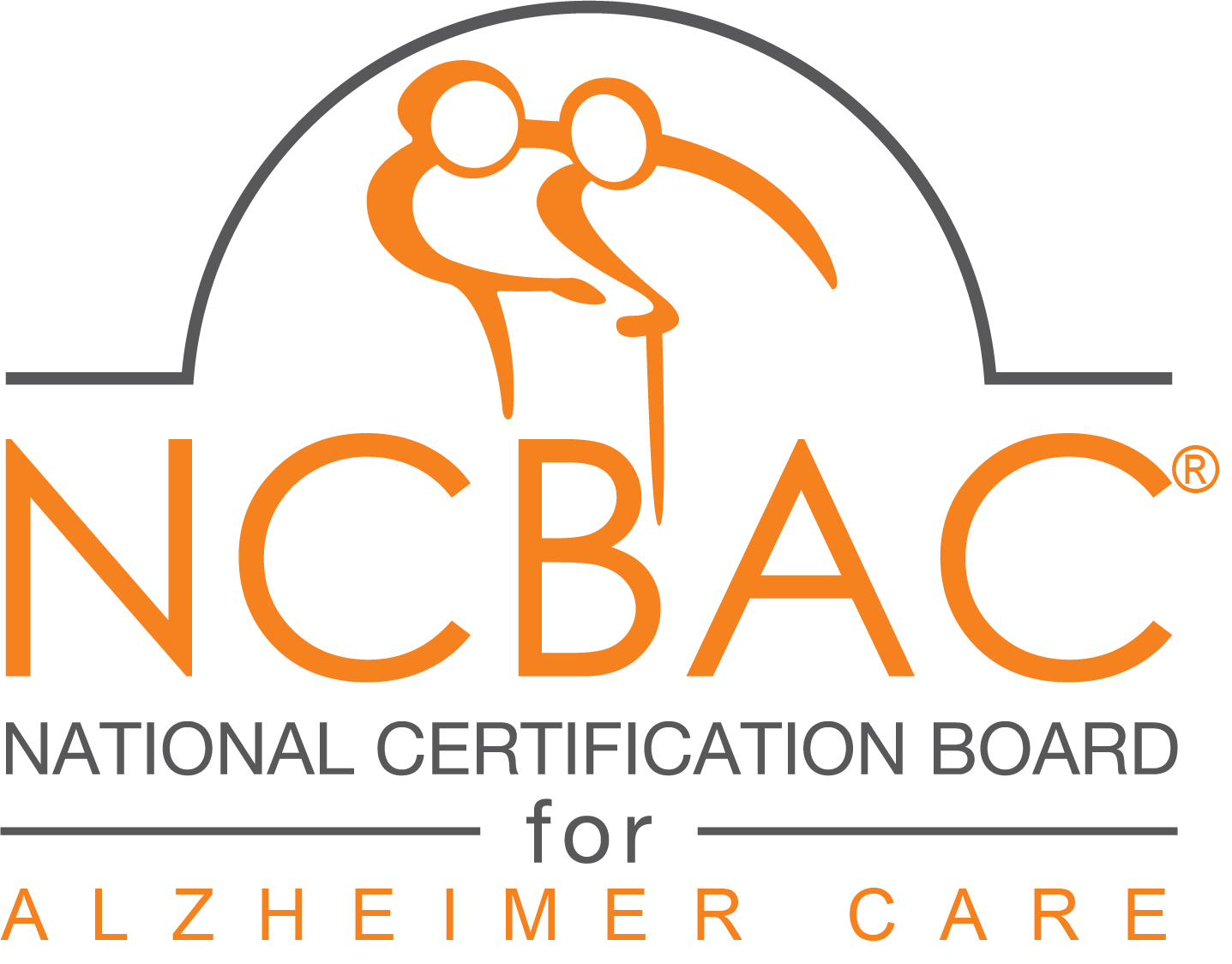Scientists at Eli Lilly are racing to wrap up a clinical trial on a drug that could be the first major advance in treating Alzheimer's in more than a decade — or a crushing reminder of why the memory-destroying disease has bedeviled researchers for so long.
This is the third time Lilly has tested the drug in large-scale trials. The first two tests flopped. But the company, which has spent about $3 billion on Alzheimer's research over 25 years, believes it has finally identified the patients most likely to benefit from its therapy.
